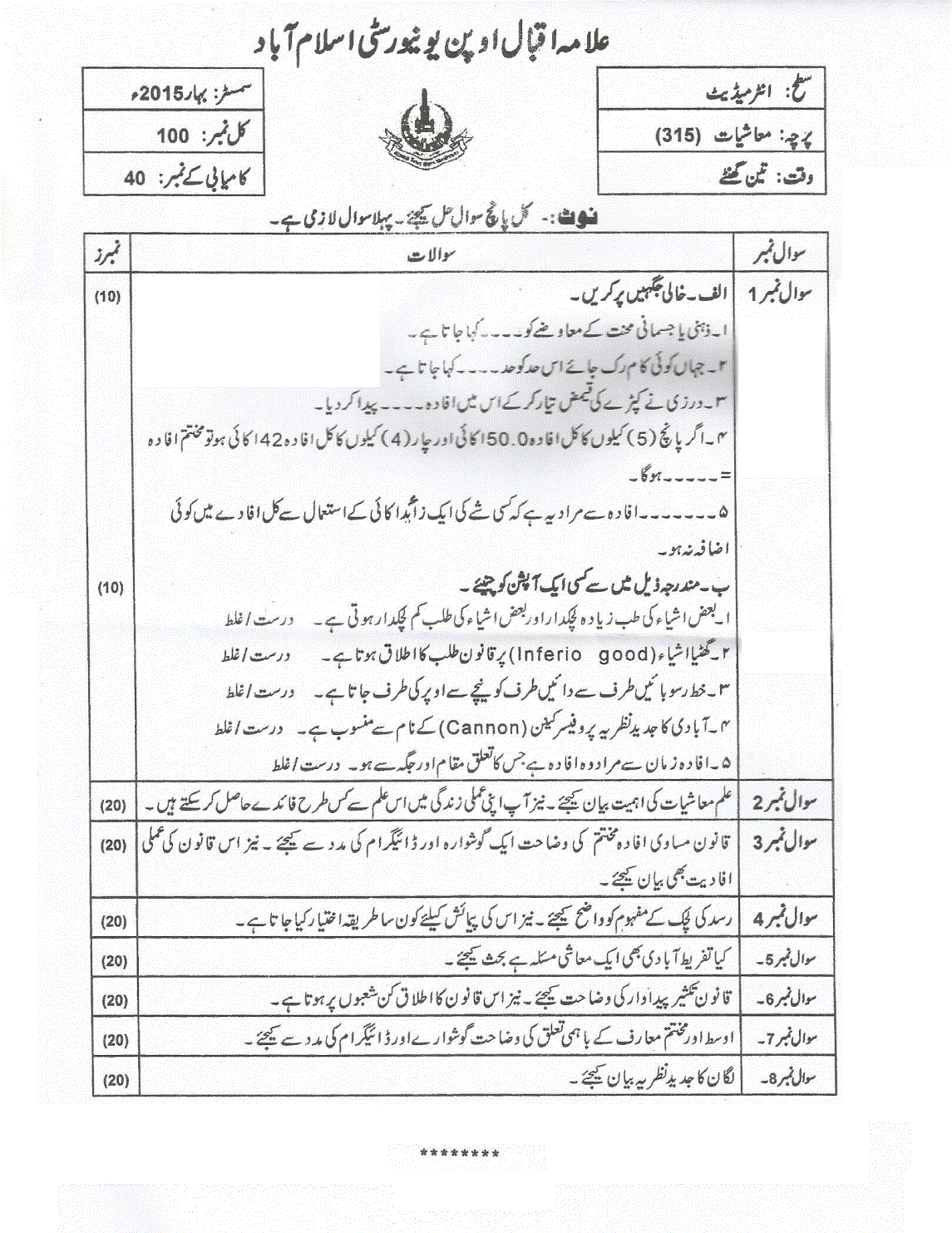Terrorism
What is terrorism? What does it involve? Who does it involve? In my mind, terrorism is, “evil, horror, and violence. It is the cruelty of killing mass numbers of people for illogical reasons.” The Encyclopedia of Britannica describes terrorism as, “the systematic use of terror or unpredictable violence against governments, publics, or individuals, to attain a political objective.”
HISTORY
Terrorism has struck all through history and around the world. In the 19th century, Western Europeans, Russians, and Americans adopted terrorism, and believed that the best way to get what they wanted was to assassinate people holding high positions of power.
The 20th century, terrorism went through some great changes. The use of new technology such as automatic weapons and electrically bursting explosives encouraged terrorists to act violently and provided them with an easier way of attacking. At the time, attacks were mainly from groups trying to undermine or overthrow existing political institutions. However, today terrorism exists with different causes and purposes in mind.
Terrorism went from numerous attacks in the 20th century, to less frequent but more destructive assaults in the 21st century. The threat of terrorism has now become more deadly. Over the past couple years; terrorists have developed new tactics such as portable bombs, suicide operatives, and weapons of mass destruction. These have been known to result in hundreds, not to say thousands of people being injured or killed. Some people even become terrorist, or are forced into terrorizing for reasons that they do not even know. As Michael Herr mentions, “Every day people were dying because of some small detail that they couldn’t be bothered to observe.” Take September 11 2001 into consideration, when two airplanes were hijacked and crashed into the World Trade Center and another into the pentagon. In just two hours, families were torn apart, courage was tested, and the world was shaken forever.
The 21st century began on September 11, 2001. In June of 1914, the assassination of Arch duke Ferdinand in Sarajevo precipitated the first war that would define the 20th century.
MOTIVES
Terrorists are inspired by many different motives. Students of terrorism classify them into three categories: rational, psychological, and cultural.
· The Rational terrorist thinks through his goals and options, making a cost benefit analysis. They seek to determine whether there are less costly and more effective ways to achieve their objectives in terrorism.
· Psychological Motivation for terrorism derives from the terrorist’s personal dissatisfaction with their life and accomplishments. Although no clear Psychopath is found among terrorists, there is a nearly universal element in them that can be described as the “true believer.”
· Cultural Motivation cultures shape values and motivate people to actions that seem unreasonable to foreign observers.
The treatment of life in general and individual life in particular is a cultural characteristic that has a tremendous impact on terrorism. A major cultural determinate of terrorism is the opinion of “outsiders” and anticipation of a threat to an ethnic group survival. Fear of cultural execution leads to violence, which, to someone who does not experience it, seems crazy. All human beings are sensitive to threats to the values by which they identify themselves. These include language, religion, group membership, and homeland or native territory. The possibility of losing any of these can cause defensive, even racist, reactions. Terrorism in the name of religion can be especially violent.
COMBAT TERRORISM
Patience and determination are the hallmarks of successful programs to combat terrorism. In any country or region, there are few terrorists relative to the population. Identifying and capturing them is difficult and requires deadly police and intelligence work. It is filled with frustration. Anti terrorism efforts are also low-key and unsuccessful, requiring patience and running contrary to American culture. Perhaps the most irritating Aspect of defense against terrorism is that success is hard to identify. Security is the most obvious requirement in fighting terrorism. Terrorists rely on surprise and the victim’s confusion at the time of an incident. Anti terrorism involves physical security, operational security, and the practice of personal protective measures by all personnel. Commanders and staffs must plan their response to terrorist threats and incidents. Fighting terrorism is an aspect of force protection and is the responsibility of commanders at all times
The universal availability of weapons, explosives, and technically difficult timing and triggering devices, along with the total communication revolution, adds to the terrorists’ capabilities. Increased capabilities include coordinated, nearly simultaneous attacks in several countries; fax death threats, and comparison of target lists by computer. “Future terrorism is likely to include higher than ever levels of violence. Hijackings, kidnappings, and drive-by Shootings will continue, but their shock effect has decreased with familiarity.” (Neal A. Pollard) Since terrorists need publicity to inspire fear, familiarity causes them to seek more unusual events that capture and hold public attention. Although technology aids in the defense against terrorism, it also provides terrorists with increased opportunities.


Comments
Post a Comment